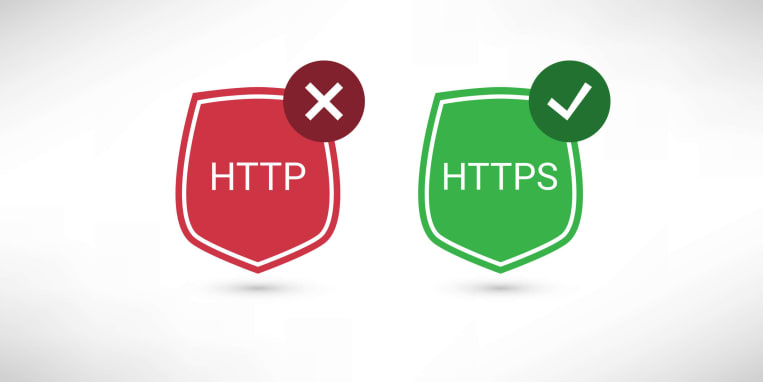
BBB Tip: Migrating from HTTP to HTTPS

This article will provide some tips on the process for getting your website HTTPS-encrypted and explore digital certificates and the Certificate Authorities that issue them.
Check for a freebie
Many web providers will include HTTPS migration as part of their web hosting services. Check to see if your provider offers this service as part of your agreement. If not, you might want to reach out to a Certificate Authority.
What is a Certificate Authority?
Certificate Authorities are trusted third-party organizations that issue the digital certificates necessary to facilitate HTTPS on your website. You want to work with one of these companies to get a certificate that can be installed on the server that hosts your company’s website. When the certificate is installed, the server will be able to facilitate HTTPS.
Types of digital certificates
There are a few types of digital certificates your organization can get, so it’s important to understand the differences so you can choose the one that best meets the needs of your business. While all certificates provide security for your website, they vary in how a related background check is conducted to confirm if you’re a legitimate business. Additionally, depending on the type of certificate you get, it will provide a different experience to your users as they interact with your website. For example, the type of certificate will impact what the user sees in the address bar of the web browser; they may see a padlock, a padlock paired with your company’s name, or in some cases, a big green bar:
· Domain Validation certificate (Also known as a DV certificate): These are issued instantly by the Certificate Authority, and the only background check that is required is an email verification from your company. These types of certificates are best for smaller businesses on a budget that aren't taking online payments. Notably, some organizations even provide a Domain certificate for free. However, with these types of certificates, it’s important to underscore that there’s no in-depth verification of your company that takes place. With this type of certificate, users will encounter the little padlock icon next to the URL for your website.
· Organization Validation certificate (Also known as an OV certificate): This type of certificate involves a more in-depth background check into your company, and it may take a few business days before it is issued to you. With this type of certificate, users will also encounter the little padlock icon next to your website’s URL.
· Extended Validation certificate(Also known as an EV certificate): These are the most expensive certificates. When installed, a user’s web browser will usually display a padlock next to your company’s name alongside the URL for your website, and sometimes also display a long green bar. These types of digital certificates are more expensive than Domain or Organization certificates and involve a detailed verification process, where the Certificate Authority checks to make sure your organization has a legal and physical presence.
If your company is conducting transactions online, as a good rule of thumb, you should have an Organization Validation certificate or an Extended Validation certificate for your website.
Check out more resources on cybersecurity at BBB.org/cybersecurity.
Still Need Assistance?
Contact Your Local BBB
Your local Better Business Bureau can assist you with finding businesses you can trust. Start With Trust®.
Additional Resources
Let BBB help you resolve problems with a business
Research and report on scams and fraud using BBB Scam Tracker
Learn more about the value of BBB Accreditation